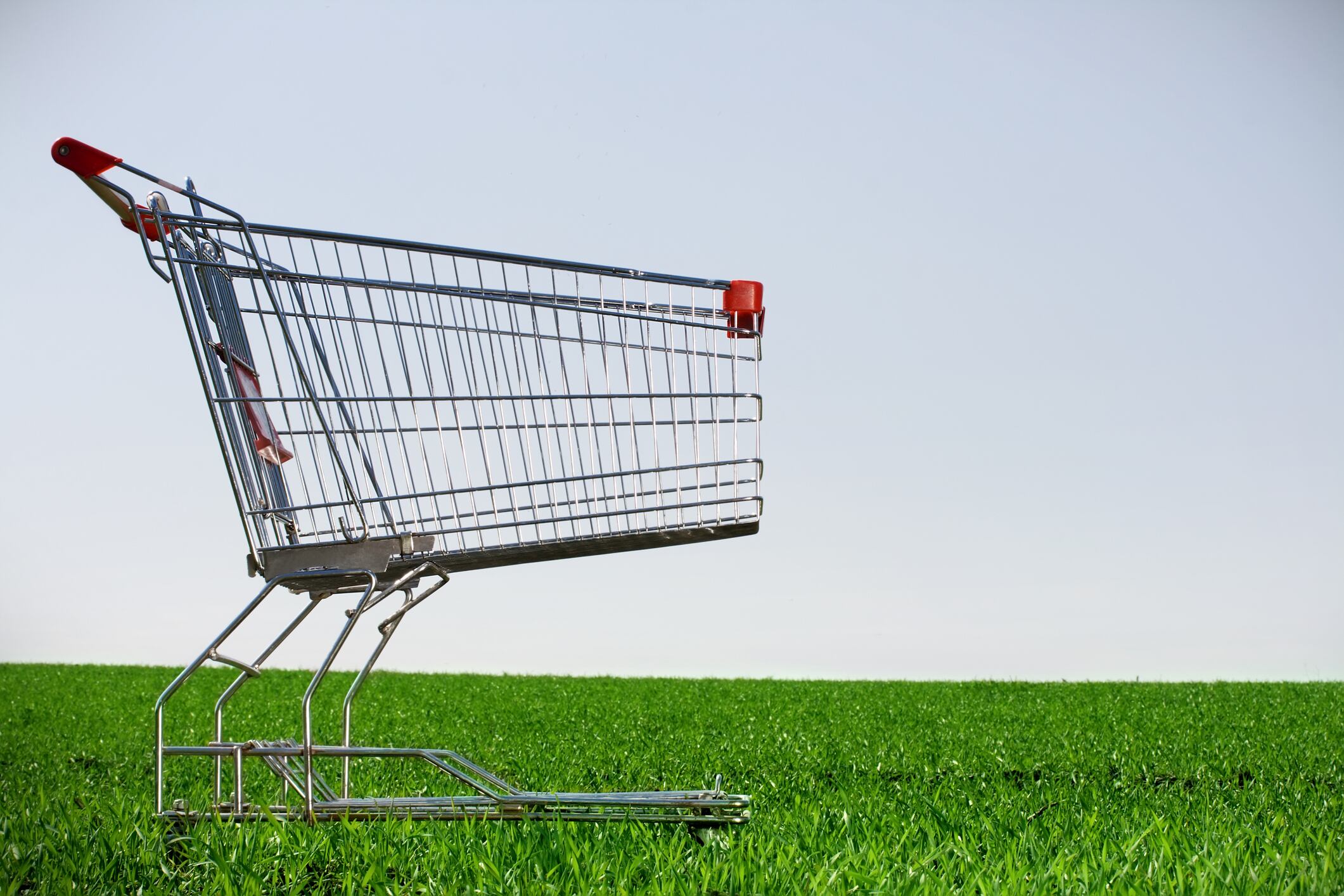The proposal for the European Union’s Green Claims Directive has been withdrawn. The scrapping of the anti-greenwashing legislation was announced by an EU spokesperson last week, Euractiv reports. Since then, Italy has withdrawn its support.
What is the Green Claims Directive?
The Green Claims Directive is a piece of legislation aiming to ensure sustainability claims are valid.
Under the Green Claims Directive, sustainability claims would have had to prove these credentials through scientifically-based methods. This would have been done through third-party verification.
Details around each claim would have been scrutinised by what would likely have been a state body, explains Katrina Anderson, principal associate at law firm Mills and Reeve. She points out, however, that the directive never went beyond proposal stage, so specifics were not yet definite.
Furthermore, certain details of each green claim would have to be communicated to consumers, explains Manon Ombredane, director at the law firm Squire Patton Boggs.
As a directive, many of the details of the Green Claims Directive would be up to member states.
The practical effect of the legislation, suggests Anderson, would have meant “a lot less green claims being made in the EU. But of those that were being made, you could have really believed in them, because they would have had been evidence scrutinised by a quasi-state body within the EU.”
The directive, she explains, would have put the EU out of line with other jurisdictions.

How did it compare to previous greenwashing legislation?
This is not the first piece of EU legislation covering greenwashing – 2024’s Directive on Empowering Consumers for the Green Transition covered much of the same ground. This legislation prohibited the making of generic environmental claims such as ‘eco-friendly’ and ‘gentle on the environment.’
In fact, this is the argument behind scrapping the Green Claims Directive – that its important points are already covered by this previous legislation.
But there are a number of key differences between the two directives. For starters, the Directive on Empowering Consumers for the Green Transition applies to products already placed on the market, while under the Green Claims Directive claims would have to comply before being put on the market.
Unlike the Green Claims directive, the Directive on Empowering Consumers for the Green Transition does not inflict heavy time and cost burdens due to verification requirements.
Why has the Green Claims Directive been withdrawn?
The EU gave no official reasons why the legislation has been withdrawn. But there are a number of potential reasons that it could have been.
Opposition for the law in its current form has been long-standing from various quarters, with a range of food and beverage industry associations calling for it to be simplified.
The European People’s Party (EPP), the EU’s centre-right grouping, told the executive to kill the law just two days before it was withdrawn, and had vowed to reject the legislation no matter the outcome of upcoming talks around it.
It is, indeed, seen by many as being onerous on business. Small businesses in particular would likely have been burdened by the time and cost of verifying their claims.
The directive also meant that businesses may have had to know what claims they were going to make around two years before making them, explains Squire Patton Boggs’ Ombredane.
“We all know that R&D and marketing takes times, but sometimes you can see a trend and you can adjust your label” with around six to nine months to go. The Directive would have prevented this.
Will the directive remain dropped?
We can’t know for certain whether the directive will remain dropped. However, some indicators suggest that the withdrawal will not be reversed.
All three branches of the EU - the Parliament, Council and Commission - have reasons to oppose the directive, explains Squire Patton Boggs’ Ombredane. Without unanimous support, there is still a “high possibility” that the withdrawal will be permanent.
How could the legislation have affected the food industry?
It’s no secret that many food products make green or environmental claims. Not all of them are vague and misleading, but they very often are.
The Green Claims Directive would, if passed, significantly impact the food industry, putting administrative burdens on food manufacturers to verify these claims.
The directive would have “raised the bar enormously” for green claims on food products, points out Anderson, potentially even affecting UK claims as well.
“We would have seen a lot less in terms of claims in that space for food manufacturers.”
In spite of this, points out Ombredane, the directive would have some positive effects on the food industry. For example, it would provide them with a harmonised verification for green claims, preventing the fragmentation between member states that may otherwise have occured.
Is this part of a larger trend in EU policy?
Since the EU elections last year, the bloc has made several decisions which some have interpreted as a rollback on sustainability measures.
A vision for agriculture that aimed to simplify sustainability regulations for farmers was soon followed by an omnibus that reduced requirements for industry from regulations such as the CSDDD and CSRD.
Even regulations untouched by this omnibus, such as the EUDR, are at risk of being watered down, with EU lawmakers renewing calls for the introduction of a ‘negligible risk’ category after proposals for a ‘no risk’ category were shot down last year.
With the composition of Parliament different after 2024’s elections, is there a chance that we’re seeing the early signs of a pivot away from sustainability?
“There is a recognition that some of the rules that have been brought in around environmental issues are quite onerous to business,” Anderson explains.
These trends are part of a “tempering” of sustainability measures, balancing them with business interests.
Update: Since the publication of this article, the EU has clarified that it has not, in fact, withdrawn the Green Claims Directive, although will do so if microenterprises are not removed from its scope.



